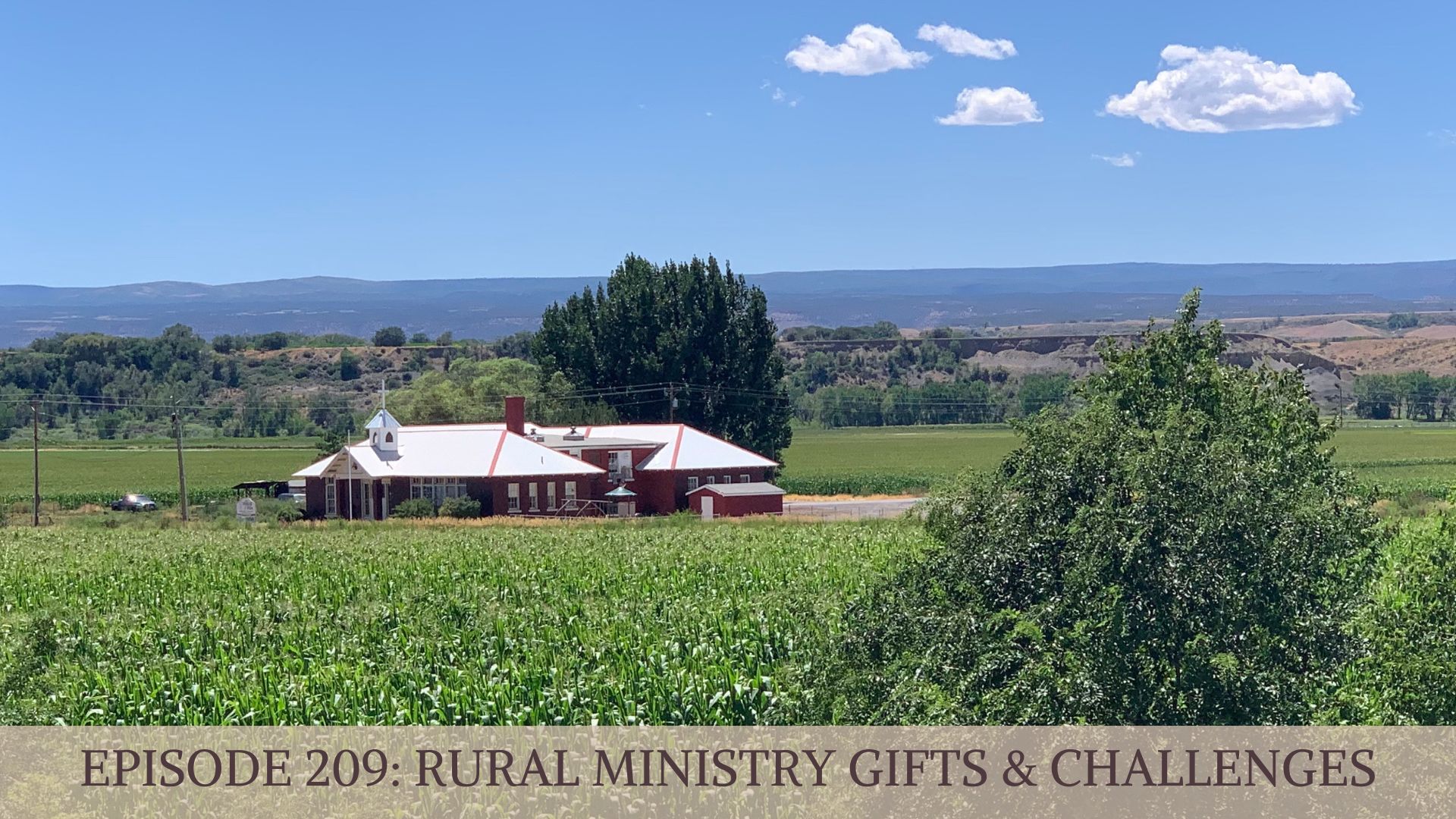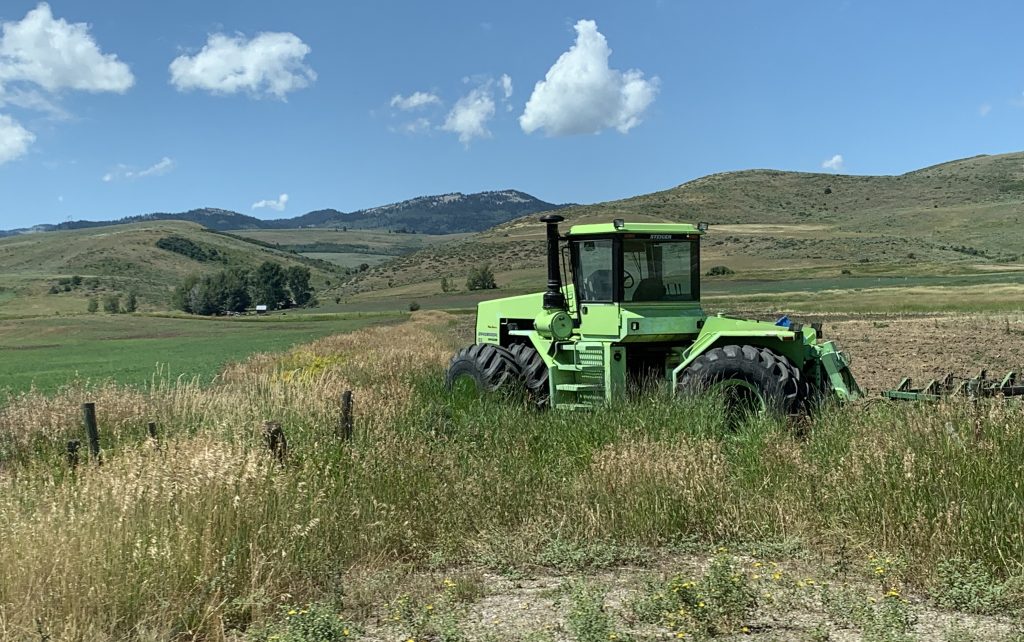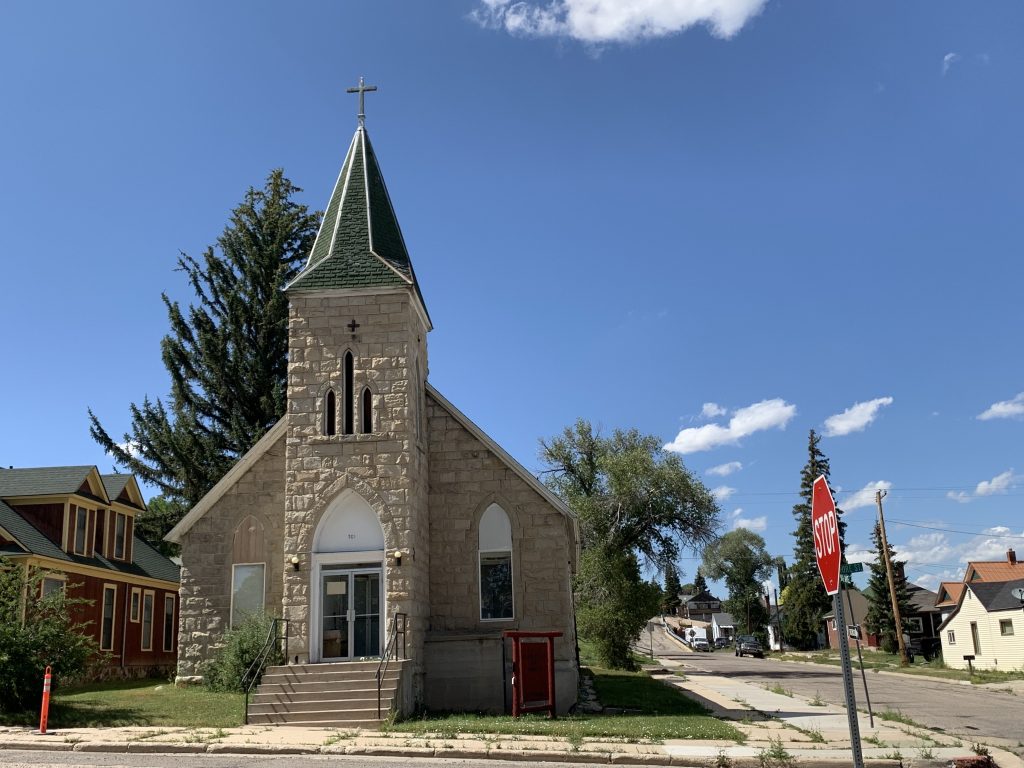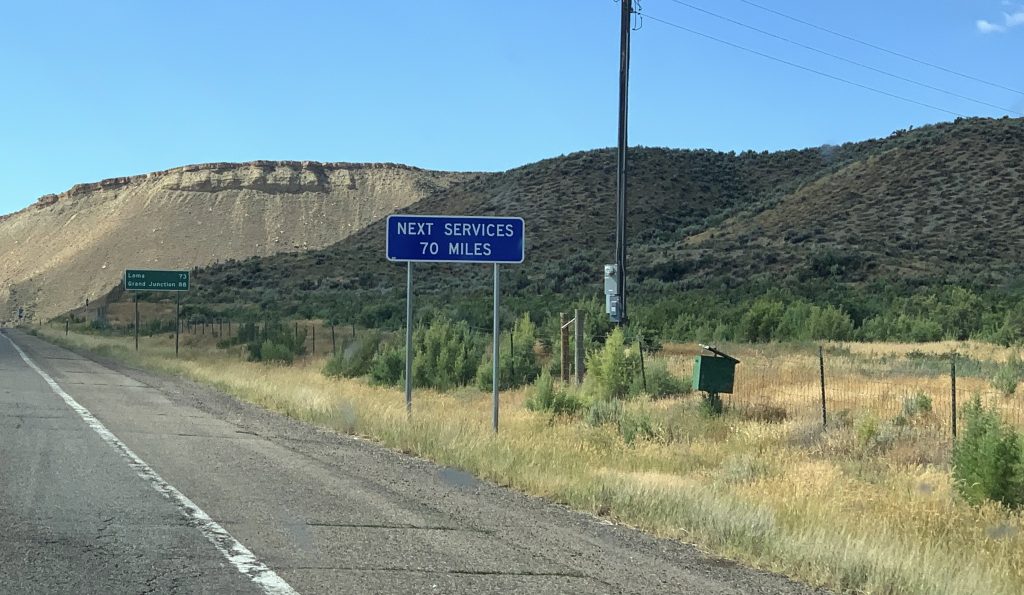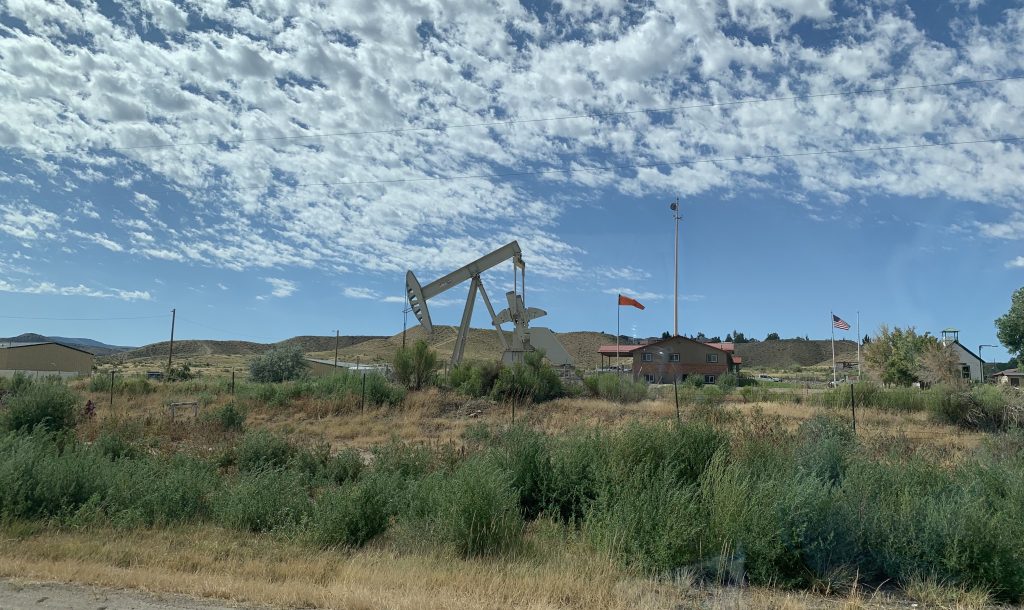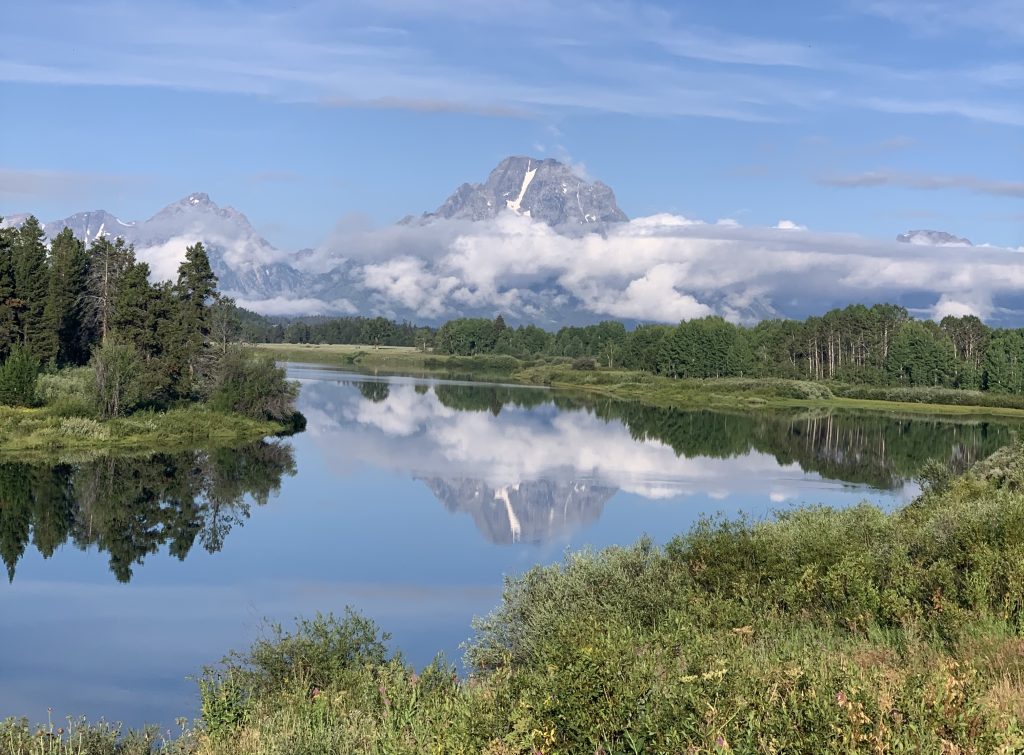This week I am focusing on rural ministry gifts and challenges related to time, place, and power. The reason for this focus is that I will meet with a group of pastors and congregational leaders later this week. In anticipation of that meeting, I am reflecting on the context of rural ministry. And fortunately, I’ve been in just the right place for this assignment. I have been driving (and mostly riding as a passenger) through rural areas of the western United States including Idaho, Utah, Wyoming, and Colorado.
A significant number of our participants in both the Learning Pastoral Imagination (LPI) Project and the #PandemicPastoring Report serve rural congregations in small towns and dispersed communities across the U.S. Their stories also help me think about the unique character of ministry in a rural setting by pastors, chaplains, and congregational ministers.
I am choosing three aspects of rural ministry’s gifts and challenges to focus my observations this week. Of course, there are more gifts and more challenges. And I invite you to add to and complexify what I am naming here. Put simply I’m going to focus on time, place, and power.
The Pace of Time
Rural places run on a different clock. They do not operate on the same time as cities, villages, or suburbs. Rural time is dictated by the seasons of planting and harvesting in agricultural zones. And by the extremes of weather in other places. Sheer space and distance dictate the pace of time on other communities. In some rural areas, like those inhabited by Indigenous Peoples, a very different temporal world guides time than the clock-driven ways of white westerners.
When a rural pastor, parish nurse, or hospice chaplain set out to make a pastoral visit, give care to the bereaved, or greet a new addition to the family, it can be a half-day event. In some rural areas the church has helped to set the rhythm of time by setting aside Sundays for worship, bible study, and prayer times. And by seasonal events that bring a larger community together.
Nevertheless, pastors cannot depend solely on people coming to the church house. Rural congregational leaders learn to participate in the life of the community as a pastoral figure and to interact with families and individuals in a wide variety of the settings. Sports events, plays, festivals and markets, auctions, and square dances are all opportunities to live one’s life of faith among the people of a community and bear witness to their lives.
Rural churches often have memberships under 100, and they are not program-churches with numerous options for members each week beyond worship and perhaps a midweek gathering. And Covid dramatically impacted all the ways that churches gathered in person. And many connected digitally for the first time.
“Being there” is time-related
When a pastor or chaplain is learning to “be there” – a distinct and key learning for the practice of ministry – it requires a sense of understanding the timing of a community. It requires calculating the distance and time for visits and being prepared for emergency visits and the attending weather. It means learning the rhythms of a community so one can enter in as a pastor or minister in appropriate ways.
These are not factors solely of concern in rural ministry, but they are quite particular in that setting. In general, it takes rural pastors longer to get to neighbors, hospitals, and the church house itself. Compared to dense cities where neighborhood churches are located, “being there” takes more time and planning. Certainly, in large cities, church members are increasingly living further from their congregations as people choose belonging based on affinity rather than by proximity.
Living in the Outdoor World
One of the really significant gifts of rural ministry is the everyday access to the unbuilt beauty of the world. Traveling this summer inspires me because I am in the outdoor world more often. And I am provoked to think about the ways that rural ministry puts pastors and chaplains outside more often. Eugene Peterson in his book The Pastor: A Memoir reminds readers that most of the Bible took place outside. Those of us who live in cities and suburban neighborhoods, who work in buildings rather than directly with the land can easily lose touch with the unbuilt, and plant/animal populated world. The geology and geography of the planet have been top of my mind this week and I’m aware of the gift of that work to pastors and ministers who work in rural settings.
Now let’s be clear, the world of the great outdoors can also be a place where conditions are most demanding. Long seasons of cold and hot, more temporary weather conditions, and the increasingly unpredictable conditions of the planet hold big challenges all their own.
To lead as a pastor in a world so variable in its conditions such as farmland in the US, largely unpopulated regions, and in places where natural elements can change rapidly or become a sudden threat, there is an extra layer of learning. One can be “pulled up short” by a sudden storm, a flash flood, or a wildfire. Living in tune with the elements is both a gift and a challenge of rural ministry. Context always matters in ministry. In rural settings it can frequently be a matter of life and death.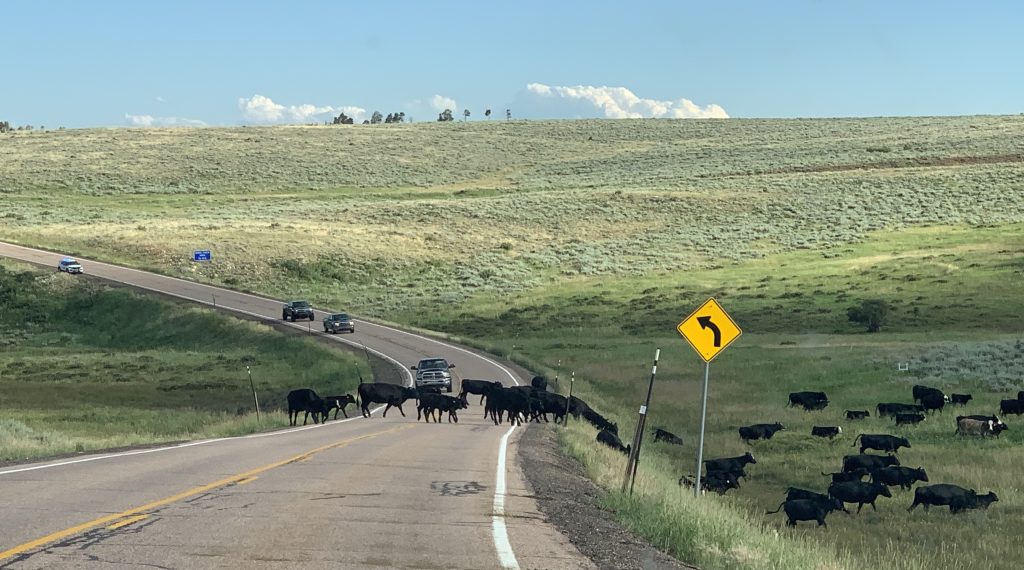
Considering Power and Utilities
Being a rural pastor, congregational leader or chaplain puts one in touch with the visibility of how utility and energy companies extract power from the earth and its elements. One also sees the shape of infrastructure that humans depend on for ease of living.
In the everyday travels of rural ministers, powerlines, transportation, and utilities are visible rather than buried in the landscape as they typically are in cities and suburbia. Power plants, oil fields, hydroelectric dams, fracking, and mining operations dot the landscape of rural America. Farms and feedlots, pasturelands, and orchards are sources of food for much of the country. Dams and reservoirs in rural areas are often the sources of water for population centers in cities.
This reality of the rural landscape means pastors and chaplains are serving with and among the people who labor over these sources of food, power and utility for themselves and their neighbors and also for the demands of high-population cities. Accepting a call to pastor in these rural places raises important questions for pastoral ethics, care, and leadership.
Rural pastors and congregations live in a complex situation. Companies extract power from the rural landscape, yet they do not make it available or accessible to the people who live there. One chaplain in a survey of ministers told us how veterans that she served as a mental health and grief counselor, received tablets in 2020 to connect during the Covid lockdown time. Yet many of the vets lived in rural areas where little or no internet service was available. They lived in regions where power companies extract resources from the land. Yet they fell into the down side of the digital divide.
Theological Questions
Questions that arise like these, plead for pastoral attention: How do I pastor the land? Do we only take, or do we also give to the land? How do I raise questions of present and future wellbeing of the planet with people in my flock? They are part of an economy based on extracting food, fuel, and water from the earth to make a living for their families. Thus, my pay is also entangled in this economy. How do I advocate for connecting my people and closing the digital divide?
This brings up deeper questions of how one gathers the moral authority to speak prophetically to these and related issues while maintaining pastoral connection and support of the people in my community. How will I as a pastor find the “holy fierceness” needed to advocate for both people and resources, land and spiritual well-being of all aspects of life?
To be sure, no one escapes these questions from city to suburbs to the most remote settings. Yet living in rural communities can mean the questions are immediate and present daily. While all things are connected, some situations make the connections more highly visible.
Being a rural ministry leader holds many gifts and an equal or greater number of challenges. I hope and pray that seminaries and judicatories will continue to teach and prepare students for both the gifts and the challenges of rural ministry.

